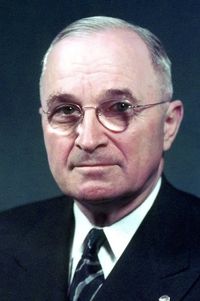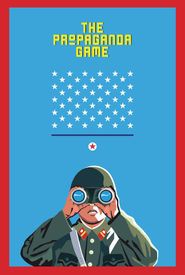Harry S. Truman, the 33rd president of the United States, held office from 1945 to 1953, leaving an indelible mark on the nation's history.
Before his presidency, Truman was a stalwart member of the Democratic Party, serving as a U.S. senator from Missouri from 1935 to 1945, where he developed a reputation for his integrity and dedication to public service.
In 1944, Truman was chosen by incumbent President Franklin D. Roosevelt as his running mate for the presidential election, a decision that would ultimately alter the course of American history.
Upon Roosevelt's untimely passing in 1945, Truman ascended to the vice presidency, serving for a mere three months before being thrust into the role of commander-in-chief.
As the 34th president of the United States, Truman embarked on a series of bold initiatives, including the implementation of the Marshall Plan, a comprehensive effort to rebuild the war-torn economies of Western Europe.
Truman also established the Truman Doctrine, a cornerstone of American foreign policy that aimed to contain the spread of communism, and he played a pivotal role in the formation of NATO, a military alliance that would serve as a bulwark against Soviet aggression.
Domestically, Truman proposed a raft of liberal reforms, including significant legislation aimed at promoting social justice and economic equality. However, his efforts were often stymied by a Conservative Coalition that dominated Congress, resulting in few of his proposals being enacted.
Despite these challenges, Truman's presidency remains a testament to his unwavering commitment to public service and his unshakeable faith in the principles of American democracy.



















































